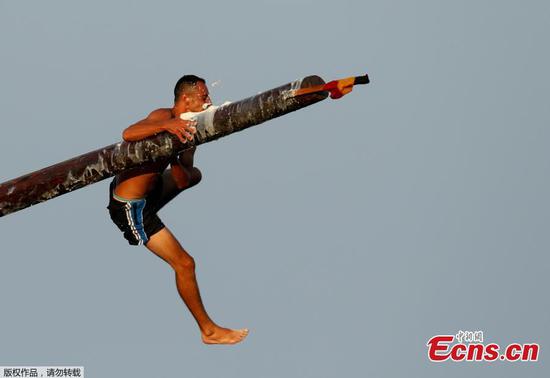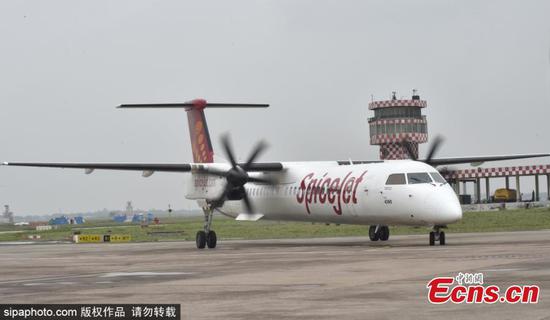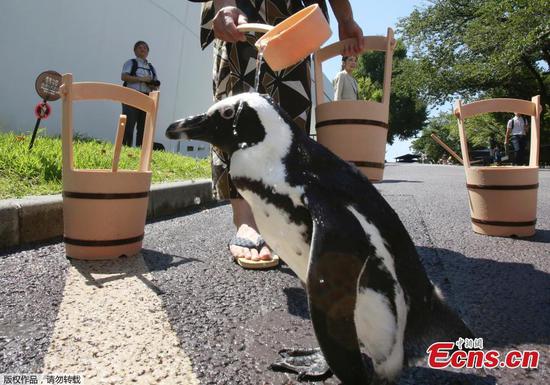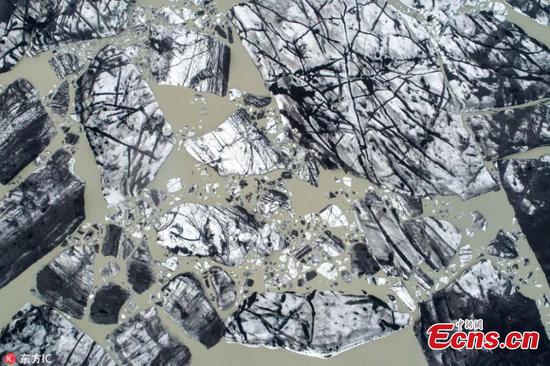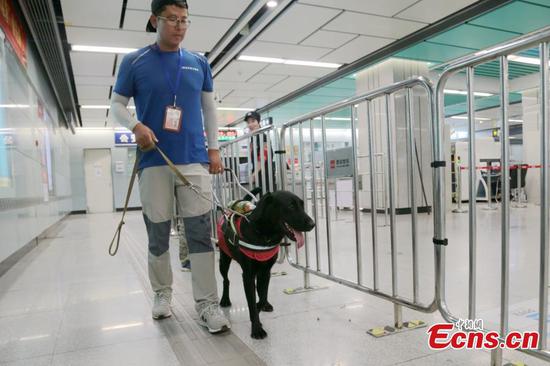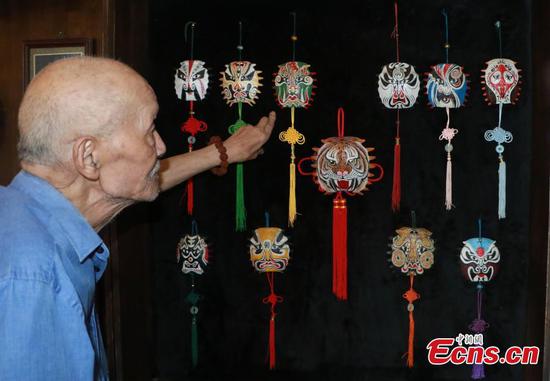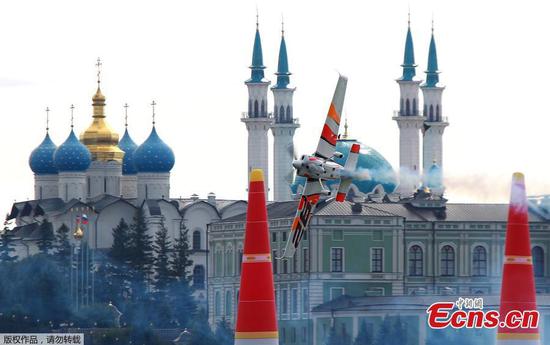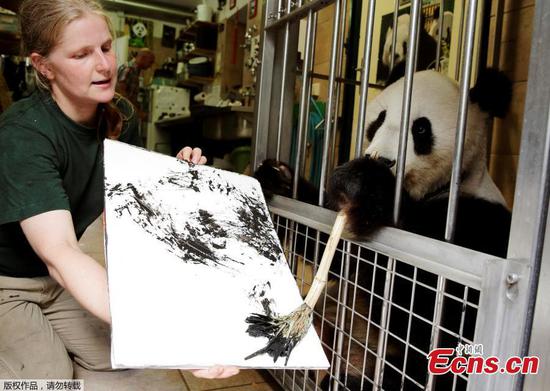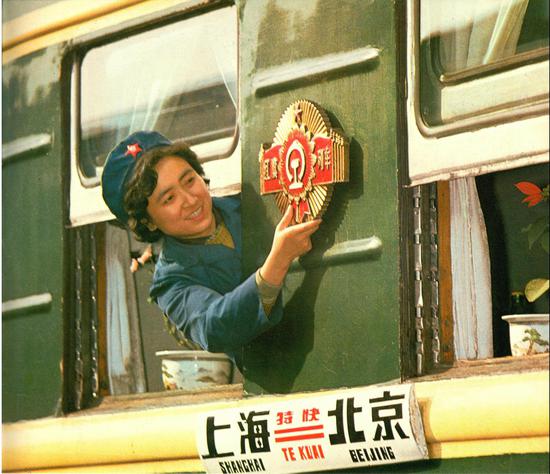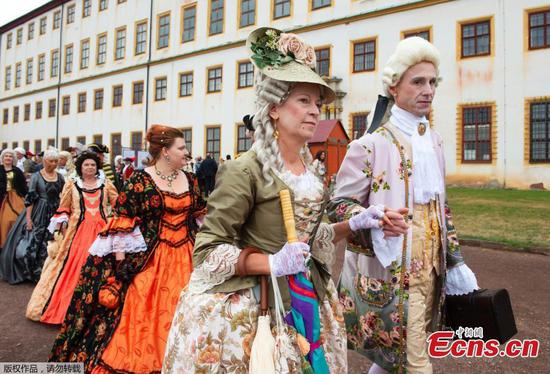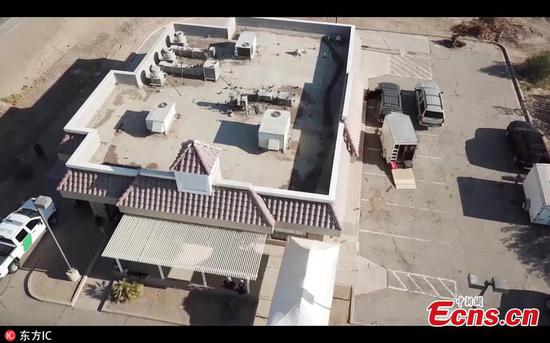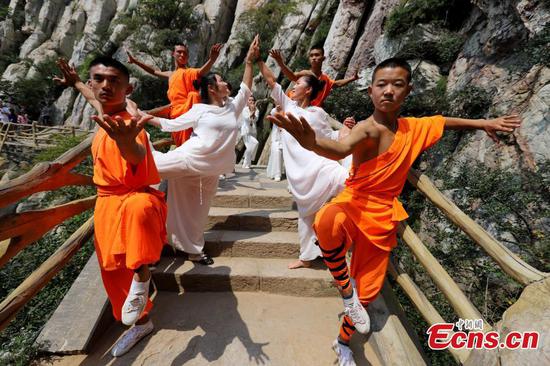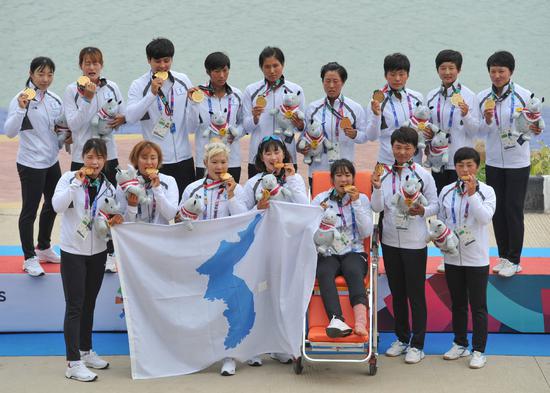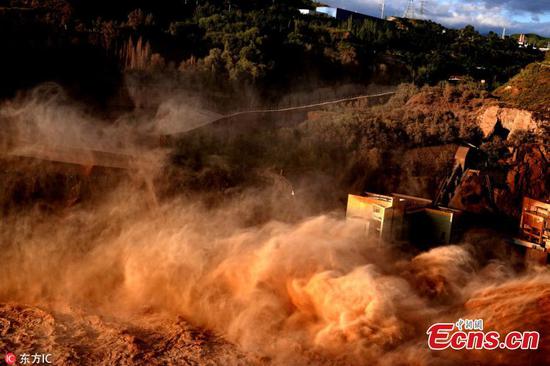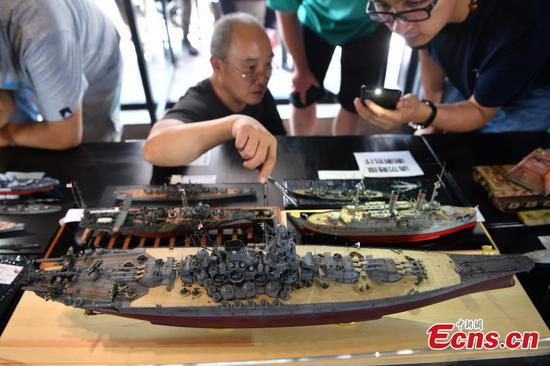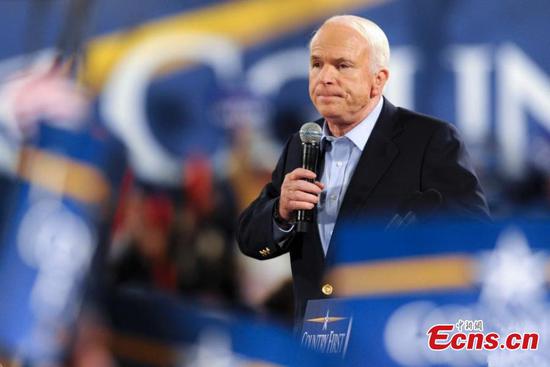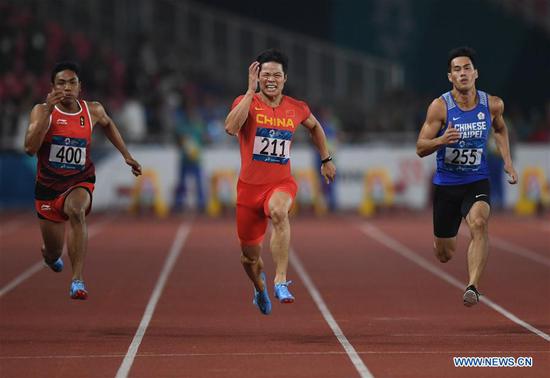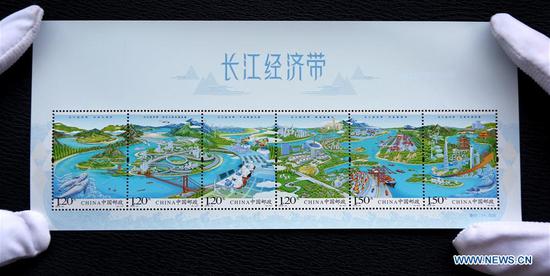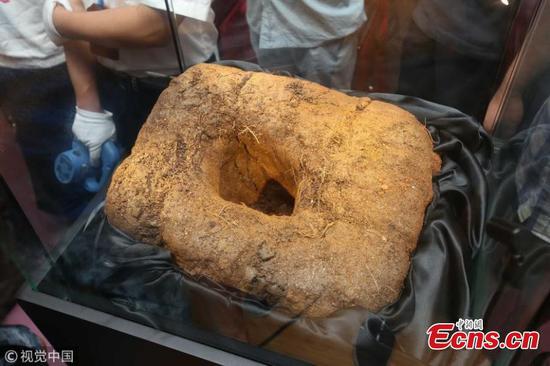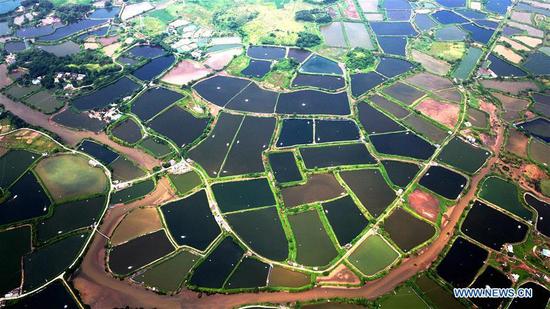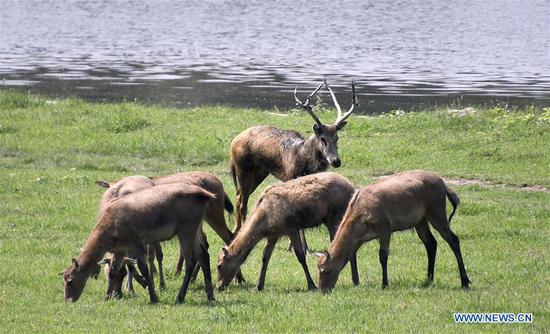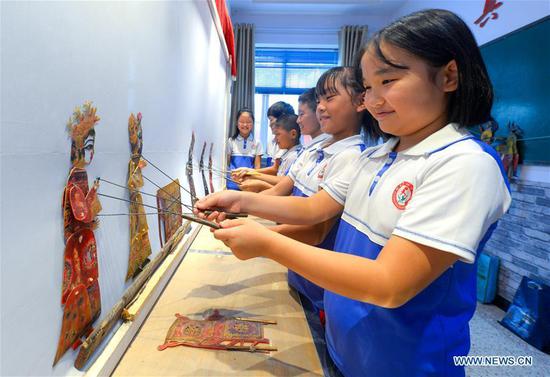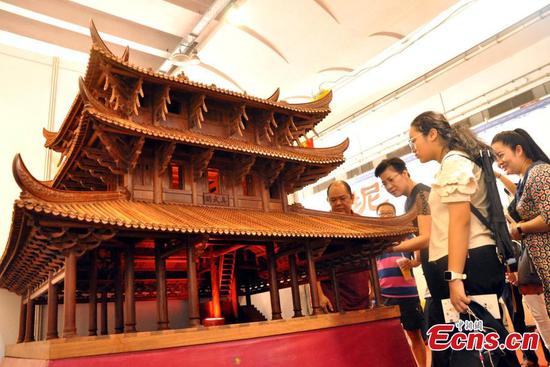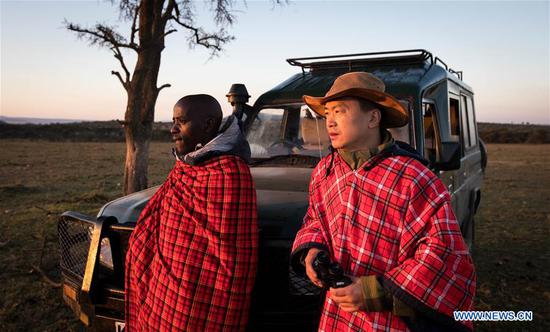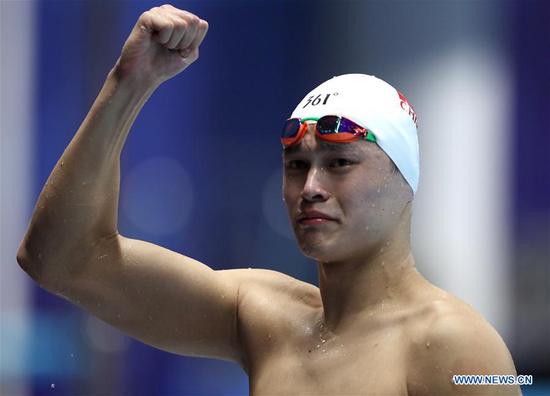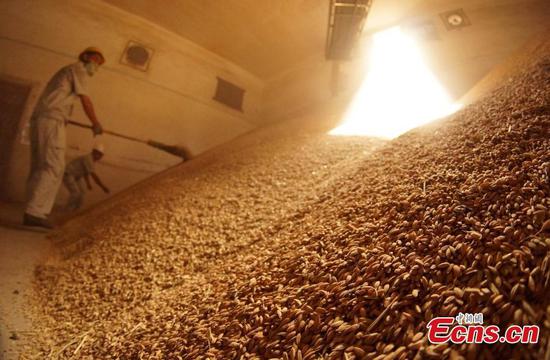China-Africa cooperation has made great strides and positive changes, further spurring momentum and bringing mutual benefits to the continent and China, a senior official at the Ministry of Commerce (MOFCOM) said on Tuesday ahead of the Beijing Summit of the Forum on China-Africa Cooperation (FOCAC), which begins on September 3.
As China and Africa implement the 10 major plans to boost cooperation since the FOCAC summit in Johannesburg in 2015, Chinese products, technology, services and standards are arriving in Africa at a faster pace. Chinese companies' operational excellence have been improving and the Chinese yuan has sped up its internationalization process, and such fruits have steadily underpinned the development of China, said Qian Keming, vice minister of commerce.
China and Africa's development are mutually beneficial and support each other, Qian told a press conference on Tuesday.
China has been Africa's largest trade partner for nine consecutive years, according to Qian. Trade between China and Africa increased 14 percent year-on-year in 2017 and grew even faster at 16 percent in the first half of 2018. In the past three years, Chinese direct investment in African countries averaged $3 billion a year.
Chinese investment and projects have created 900,000 African jobs and China has helped train 240,000 technical talent for Africa.
Liu Hongwu, an expert on African studies and dean of the African Institute at Zhejiang Normal University, said China and Africa have made great achievements over the past three years with projects centered on infrastructure, industrialization and agriculture.
"Chinese-led efforts in transportation infrastructure, in particular, restarted the continent's pursuit of modernization," Liu told the Global Times.
While Africa hasn't seen meaningful modern railway investment in almost a century, two Chinese-funded railway projects - the 480-kilometer-long Nairobi-Mombasa Standard Gauge Railway in Kenya and the 756-kilometer-long electrified rail project connecting landlocked Ethiopia to Djibouti - were up and running just three years after the Johannesburg summit.
Contracts have also been signed for a major rail line linking Nigeria's largest city Lagos with the country's northern commercial hub Kano, according to Liu.
In Kenya, the flow of talent, capital and goods are already concentrated along the Mombasa-Nairobi railway, where land prices are rising and industrial parks are taking shape, Liu said.
He noted "transportation infrastructure is propelling industrialization and reenergizing previously dormant resources."
"In the past, African countries wanted aid from China and trade with China. Today their delegations come to China with a carefully drawn list of projects aimed at attracting Chinese investors," Liu said, depicting the changes in the China-Africa economic relationship.
Political gesture
The U.S. wants to increase its input to compete with China on the African continent as ties between China and African countries have developed rapidly, experts said.
U.S. President Donald Trump on Monday called for more infrastructure cooperation with Kenya when he received his Kenyan counterpart Uhuru Kenyatta at the White House, the Washington Post reported on Monday.
Trump pointed to what he called a "massive roadway" infrastructure project in Kenya as a sign of the two countries' ties, the Washington Post reported.
He appeared to be referring to the Nairobi-Mombasa Expressway project that would link Kenya's capital with its major Indian Ocean port.
The expressway plan run by Bechtel, the U.S. engineering group, is a $4.5 billion four-lane motorway between the port city of Mombasa and Nairobi, but its financing has not yet been fully secured, Financial Times reported on Monday.
Wang Yiwei, director of Renmin University of China's Institute of International Affairs in Beijing, told the Global Times on Tuesday that the U.S. move is a political gesture based on strategic considerations rather than a serious plan that respects local conditions.
There is no comparison between the Nairobi-Mombasa Expressway project and China-built Nairobi-Mombasa railway. That's because railway capacity is much greater than expressways and the railway is part of a massive transportation network, which consists of the Port of Mombasa and railway links to other countries in the region, Wang noted.
"Kenya is not the U.S. and its people don't have that many cars to drive on the expressway. To what extent it can benefit the locals and make a profit remains a question," Wang said.









